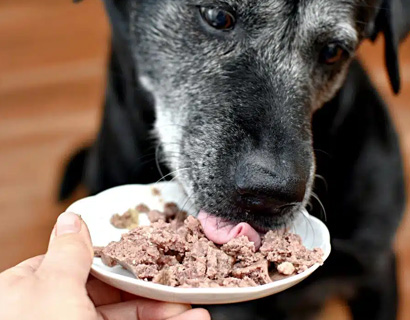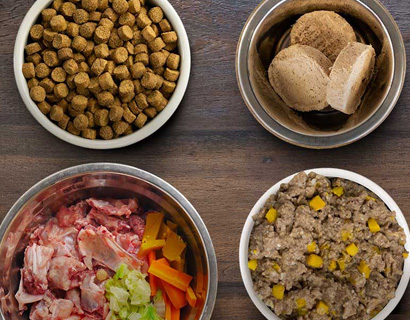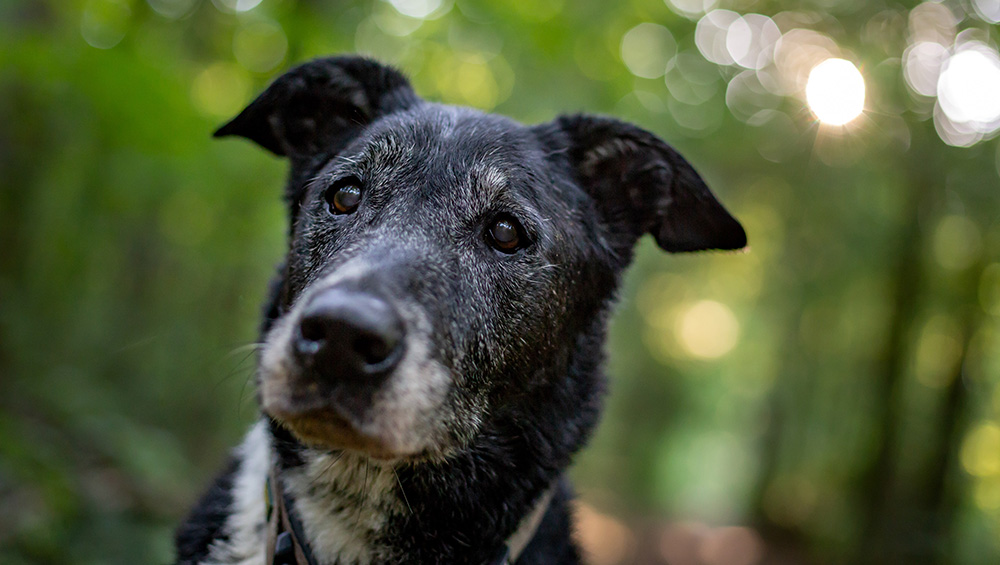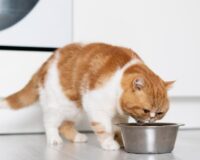Senior Pets: Nurturing Your Pet’s Golden Years with Thoughtful Nutrition
Providing the right balance of nutrients becomes crucial in ensuring their health, happiness, and vitality during their golden years. In this guide, we’ll explore the nuanced art of feeding senior pets, offering insights that apply universally to pet lovers seeking the best for their aging companions.
As our beloved pets gracefully age, their nutritional needs undergo subtle yet significant changes.
1. Adjusting Portion Sizes:
Senior pets often experience a decrease in metabolism, making portion control a key consideration. To maintain a healthy weight and prevent obesity-related issues, adjust their food intake based on factors such as breed, size, and activity level.
2. Focus on Joint Health:
Many senior pets face joint stiffness or arthritis as they age. Choose pet foods rich in omega-3 fatty acids and glucosamine to support joint health and maintain mobility. Ensuring their diet addresses these specific needs is essential for their overall well-being.


3. Protein is Essential:
Maintaining an adequate protein intake is vital for senior pets to support muscle mass and overall health. Select pet foods that include easily digestible protein sources to ensure they receive the necessary nutrients without overloading their systems.
4. Consult Your Veterinarian:
Every senior pet is unique, and their nutritional requirements may vary. Consultation with a veterinarian is paramount to create a customized nutrition plan based on your pet’s health, age, and any specific medical conditions. Regular check-ups will help adjust their diet as needed, ensuring their ongoing health and happiness.
Caring for senior pets goes beyond providing love; it involves understanding and adapting to their changing nutritional needs. By incorporating these considerations into their diet, you can contribute to your pet’s well-being and make their golden years truly enjoyable.




